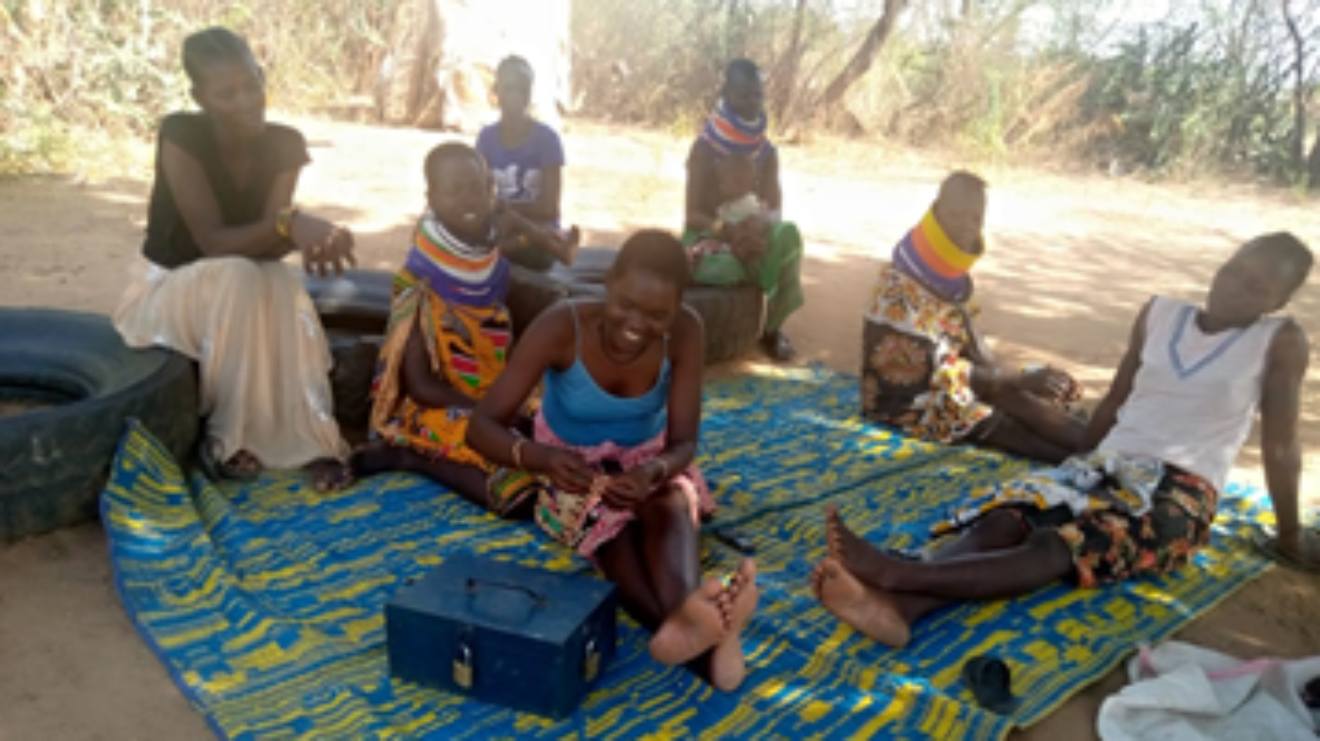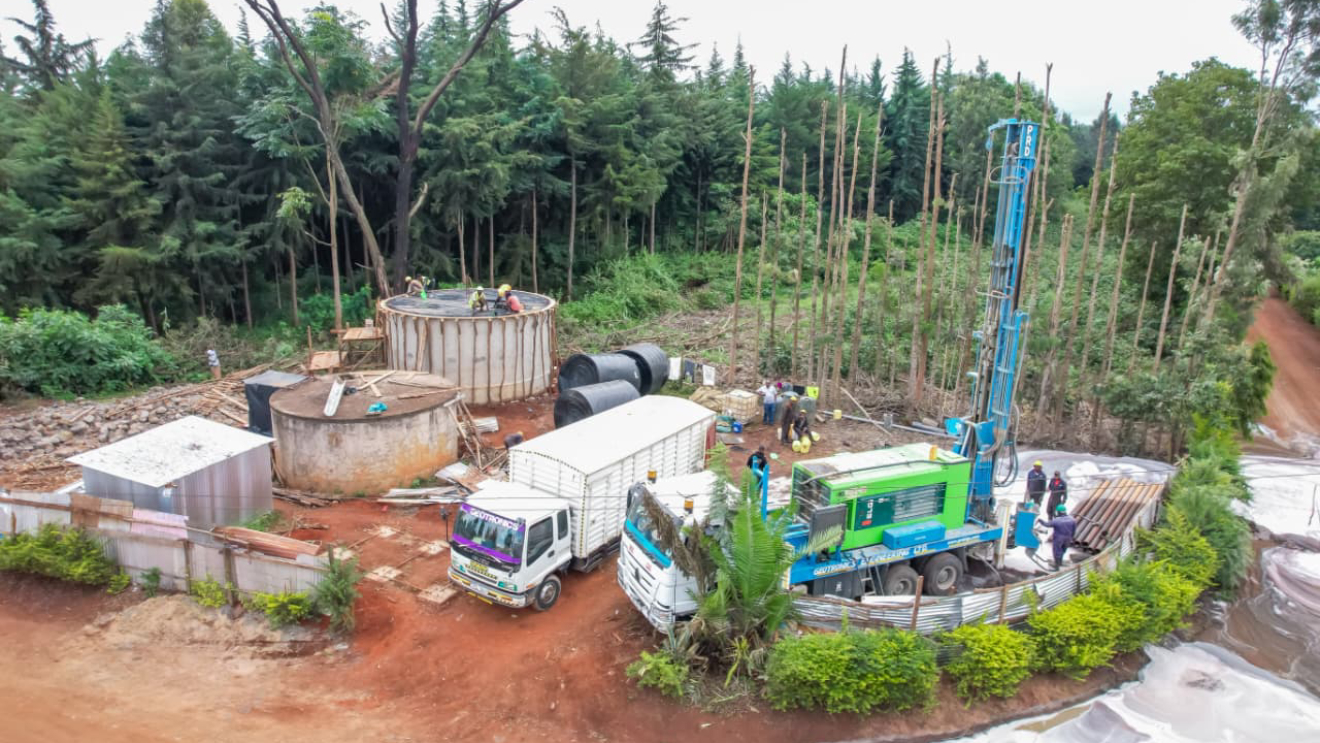The Impact for Northern Kenya (INK) Fund, a 43-million-dollar initiative financed by USAID Kuza, has emerged as a catalyst for economic growth and resilience in the region.
Since its launch in 2021, the fund has extended a lifeline to over 12,000 micro, small, and medium-sized enterprises (MSMEs), propelling them towards sustainable growth and prosperity.
This financial injection has sparked a ripple effect, generating over 25,000 direct jobs across Isiolo, Marsabit, and Samburu counties.
USAID Resilience Coordinator Jennifer Maurer hailed these achievements as a testament to the region’s entrepreneurial spirit and resilience.
Read More
While speaking during the Unveiling Opportunities: Redefining Northern Kenya as an Investable Destination conference, Maurer noted that the numbers were not mere statistics but testimonies.
“These numbers are not just statistics, but life-changing experiences that represent resilience, hope and the entrepreneurial spirit from the people of Isiolo, Marsabit and Samburu counties and the entire northern Kenya region at large,” she affirmed
Maurer also said a cornerstone of the INK Fund’s strategy is empowering women entrepreneurs.
By providing critical financial support and resources, the fund has enabled women to take the helm of businesses in agriculture, livestock, and trade, thereby contributing significantly to the region’s economic landscape.
Moreover, the fund has placed a strong emphasis on environmental sustainability.
By investing in enterprises that promote renewable energy, climate-smart agriculture, and waste management, the INK Fund is not only mitigating climate change impacts but also creating green jobs.
“A key focus of the INK Fund has been to support businesses that contribute to environmental sustainability,” Maurer emphasized.
The recent conference brought together key stakeholders to explore innovative approaches to further accelerate the region’s development.
Discussions centred on enhancing livestock productivity through feedlotting and improved breeding techniques, as well as integrating a gender perspective into agricultural initiatives.
By fostering collaboration and knowledge-sharing, the event underscored the region’s growing potential as an attractive investment destination.












